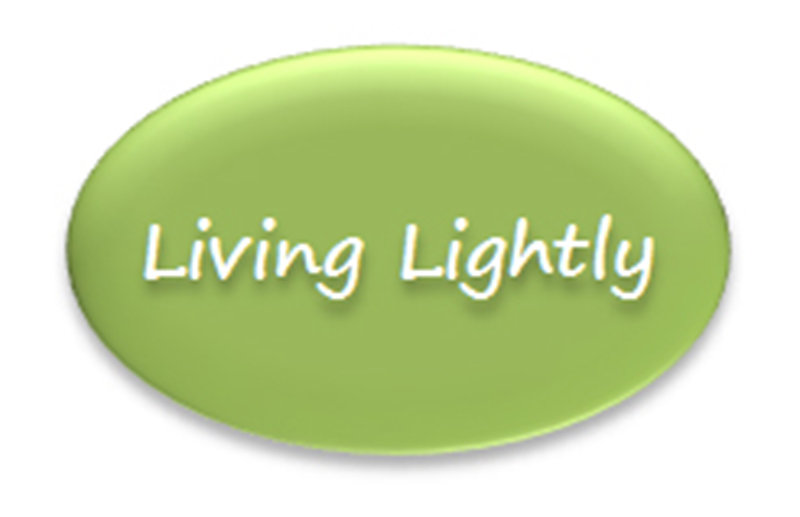By Tess Middleton
World Wetlands Day was first celebrated on February 2 1997 and was created to raise awareness about the value of our wetlands for both humanity and the planet.
Celebrations by non-government organisations, not-for-profit organisations, government agencies and community groups are held to celebrate and recognise the importance and benefits of our wetlands; truly diverse ecosystems that cover 8.1 million hectares in Australia.
So why are wetlands so crucial to life here in Australia? Let’s begin by defining a wetland. A wetland is a distinct ecosystem that is either seasonally, or permanently, inundated by water. What distinguishes a wetland from any other body of water is the specific type of aquatic plants that have adapted to the hydric (very wet) soil.
Wetlands play a critical role in our community, some of their roles include water storage and purification, the processing of nutrients, such as carbon, stabilising shorelines and providing safe habitats for abundant plants and animals, including freshwater turtles, waterfowl and over 45 different frog species!
With this is mind you can see why wetlands are considered to be the most biologically diverse of any ecosystem. As well as biologically, they are also geographically diverse, occurring naturally on every continent in the form of swamps, marshes and mangrove forests just to name a few.
The United Nations Millennium Ecosystem Assessment was able to determine that environmental degradation is more noticeable within wetland systems than any other ecosystem on this planet.
It goes on to state “a high proportion of wetland-dependent mammals that have been assessed are globally threatened.” The assessment also found that 37 per cent of the freshwater-dependent species that were assessed by IUCN are threatened globally, including river dolphin and manatees.
So now we know what a wetland is, the vital role they play in our environment and to those species that call them home, so here are a few simple ways that we can help:
- Pick up rubbish, something so simple can have incredible results; you could be saving wildlife without even realising!
- Use phosphate-free laundry and dishwashing detergents
- Use non-toxic products in and around your home and recycled paper
- If you would like to volunteer a perfect place to start would be the Australian Wetlands Alliance – the AWA represents more than 70 non-governmental conservation groups.

